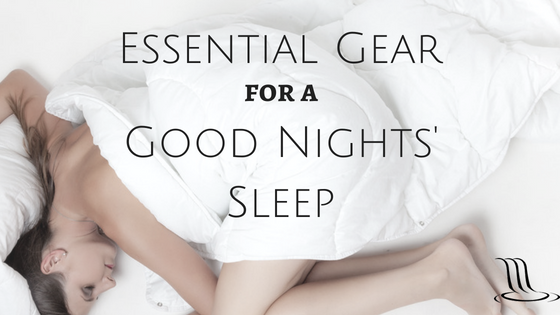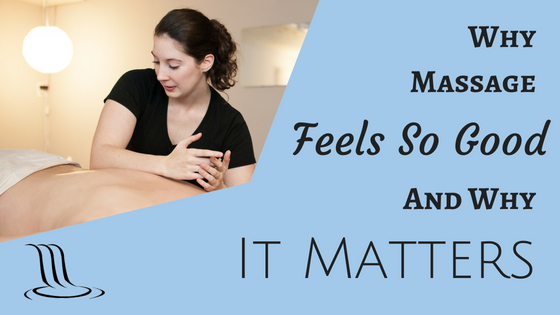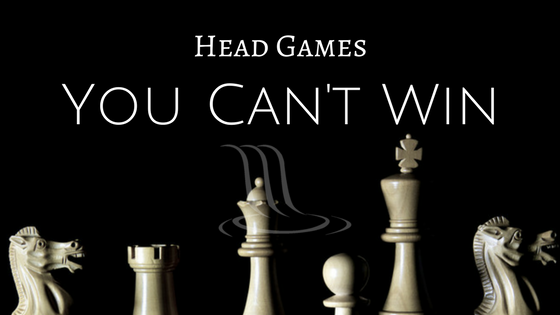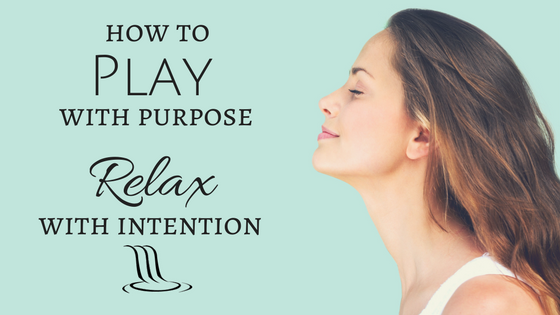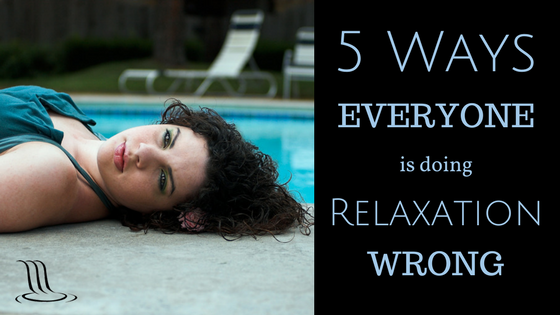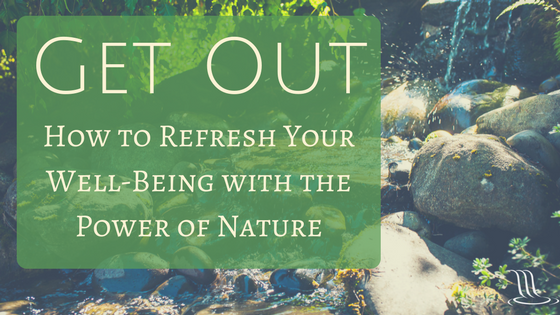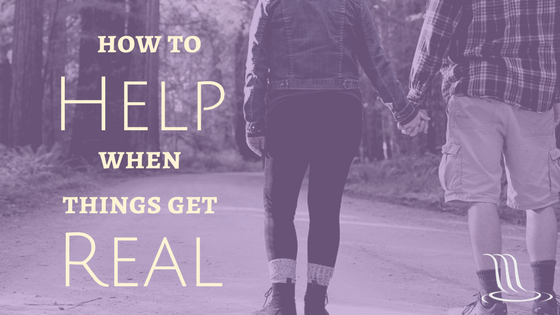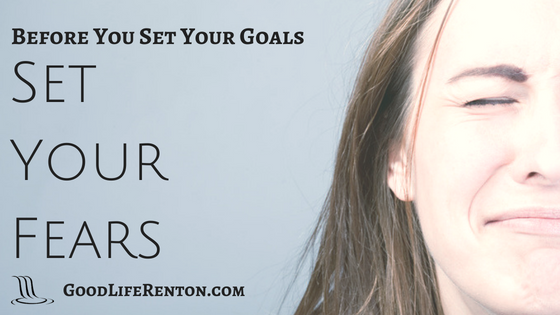
“We suffer more in imagination than in reality.” -Seneca
So many gurus and life coaches these days will tell you that the best thing you can do to help you reach your goals or turn your life around is to think positive. “Set big, specific goals!” “Go after the life you really want!” And, truly, this is good advice. It’s good to be specific and to think positive about what you want out of life.
With that said, maybe too much attention is paid to what we want and thinking positive. What about the negative things? What about those worries and fears that keep you up at night? Should you just put on a happy face and push down those nasty thoughts with fantasies about your future?
That really isn’t the best strategy.
It’s a bit like when you were a little kid and were afraid of the dark. Everything that seemed familiar and friendly in the daytime suddenly takes on a sinister cast in the dark. The familiar, harmless creaks in the floorboards become a monster approaching. The coat hanging on the door becomes a looming apparition. Remember what happened when you turned on the lights, or the sun rose? Suddenly those sinister things seemed utterly harmless and manageable.
This is the right approach to the things you fear. Look them in the eye. Unlike those innocent days of childhood, you have legitimate things to fear from the world. Terrible things can happen to the best of us, and there are things even worse than death that can happen to us. And yet, not everything is as scary as it seems.
So what do you do with this fear?
Most of us try not to think about it. And that might be the whole problem.
I recently ran across a method for facing the fears that might be holding us back that I’ve found to be highly effective. It’s called fear setting. Entrepreneur Tim Ferriss developed this system based on the teachings of the ancient Greek philosophers known as stoics, and I highly recommend his TED talk on the subject. The link is below.
How it works
The idea is that what’s really keeping you from doing what you really want to do with your life is unspoken fears that may be consciously or subconsciously holding you hostage. What do these fears demand? Your attention. Fear setting is about giving the hostage takers what they want, and that’s all you have to do to liberate yourself.
But fear is a tricky beast to outwit. Since fear helps you survive, it has a way of pulling all your biological strings. It causes your heart to race, your palms to sweat, and tenses your muscles–all without your consent or awareness.
To get around this, you have to attack it systematically.
Fear setting consists of three pages of notes, and shouldn’t take more than 45 minutes to an hour of your time, usually much less.
Page one
At the top of the page, write the thing you’re thinking of doing that gives you some level of anxiety, for example, asking that person out on a date, applying for that job, signing the papers (divorce, house, marriage license, car, whatever), making that investment, taking that trip–anything that carries risk which fear might be holding you back from doing. Next, you’re going to make a simple table in the middle of the page with three columns. The first column is every worst-case-scenario thing that could go wrong if you pull the trigger on whatever it is, everything you fear the most.
In the next column, for each worst-case-scenario, you’re going to list all the ways you might be able to prevent that terrible thing from happening.
In the third column, for each worst-case-scneario, you’re going to list all the ways you might be able to fix it if that terrible thing happens, or the names of people who might be able to help you through it.
That’s page one.
Page two
This is where things get fun. List all the good things that might happen if you go through with the thing. Simple, but exhilarating and energizing.
Page three
Just in case you need that little extra push, it’s time to contemplate what might happen if you do nothing and just maintain the status quo. You’ll need another three-column table for this one because you’re going to contemplate what your life will be life if you do nothing for three time periods: 6 months, 1 year, and 3 years. Be sure to take into account any applicable aspect of your life: finances, relationships, occupation, etc. This is where you’ll take a good, hard look at the hell you don’t want, but which might be coming your way if you do nothing.
That’s it!
So what
Is this just a way to talk yourself into doing literally anything? No. This is about being honest with yourself in every possible way. In fact, you’re almost as likely to talk yourself out of something.
Ferriss puts it this way: “It’s not a panacea. You’ll find that some of your fears are very well founded. But you shouldn’t conclude that without first putting them under a microscope.”
What I did
I’ve been working on a creative project off and on for some time. I had put it on hold for a while to focus on some other priorities. After the storm passed, there was the project staring at me with an expectant look. I knew I had to begin again, but I felt some reluctance. What was holding me back? I saw an opportunity to put Ferriss’ method to the test.
I actually forgot to do the other two pages! All I did was page one, and yet … It got me going! It didn’t take long at all, and I jumped right into a highly detailed planning session for the remainder of the project, setting incremental deadlines with clear deliverables.
And I did it with zero hesitation, because I had a clear answer to the question “what’s the worst that could happen?”. We’ll see how the project goes, but I met my first incremental deadlines, and I’m well on my well to meeting the next one. For me, Fear Setting was powerful, and has easily sold me on this method for contemplating other things I might be feeling anxious about.
Ferriss says he does this exercise at least once a quarter. I’ve since used a similar technique just in my head for smaller hassles and sources of anxiety in my life. For instance, I might ask myself “what’s the worst that can happen if I don’t get this done?” or “what would I do if this thing I’m afraid of happens?” If I can answer this uncomfortable questions, suddenly I feel empowered to move forward. And maybe that very discomfort is where the opportunity lies. Joseph Campbell said “The cave you fear to enter holds the treasure you seek.”
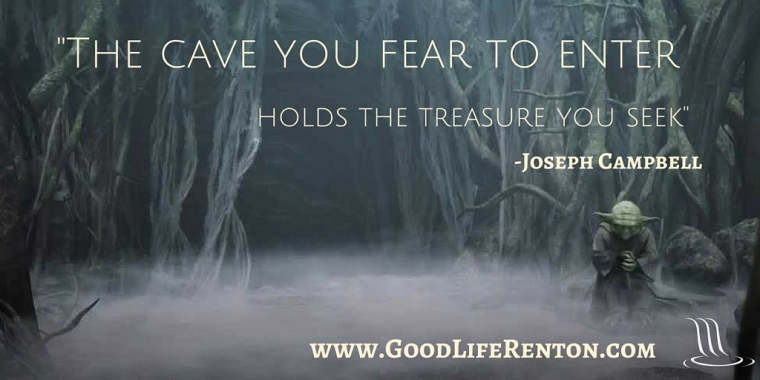
Tim Ferriss puts it this way:
“The hard choices–what we most fear, doing, asking, saying–these are very often what we most need to do. And the biggest challenges and problems we face will never be solved with comfortable conversations, whether it’s in your own head or with other people.”
Choose the good life.
Tim Ferriss’ TED Talk:
https://www.ted.com/talks/tim_ferriss_why_you_should_define_your_fears_instead_of_your_goals
Tom Gunn is the marketing director and blog editor at The Good Life Massage. Visit our website for more information or to book a massage online. You can contact Tom Gunn to help you build your brand with branding design and content marketing by contacting him at tomgunn@gmail.com.


